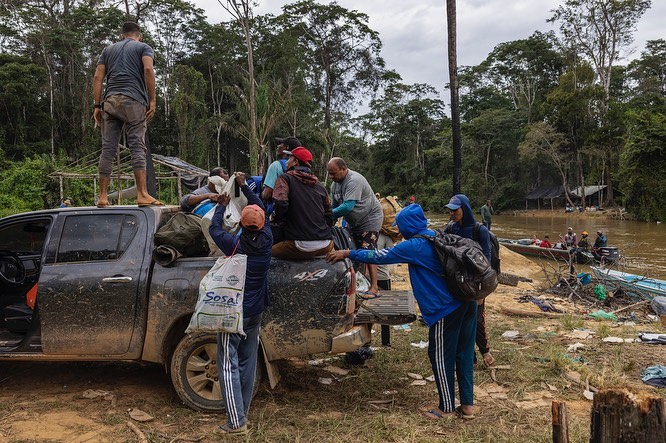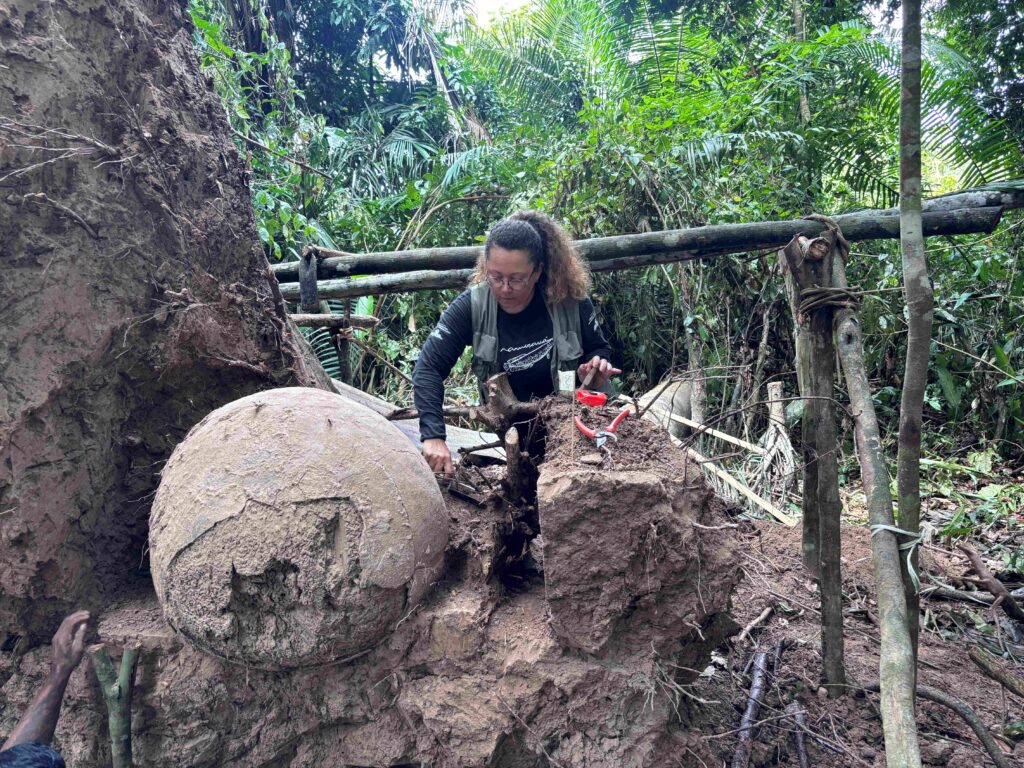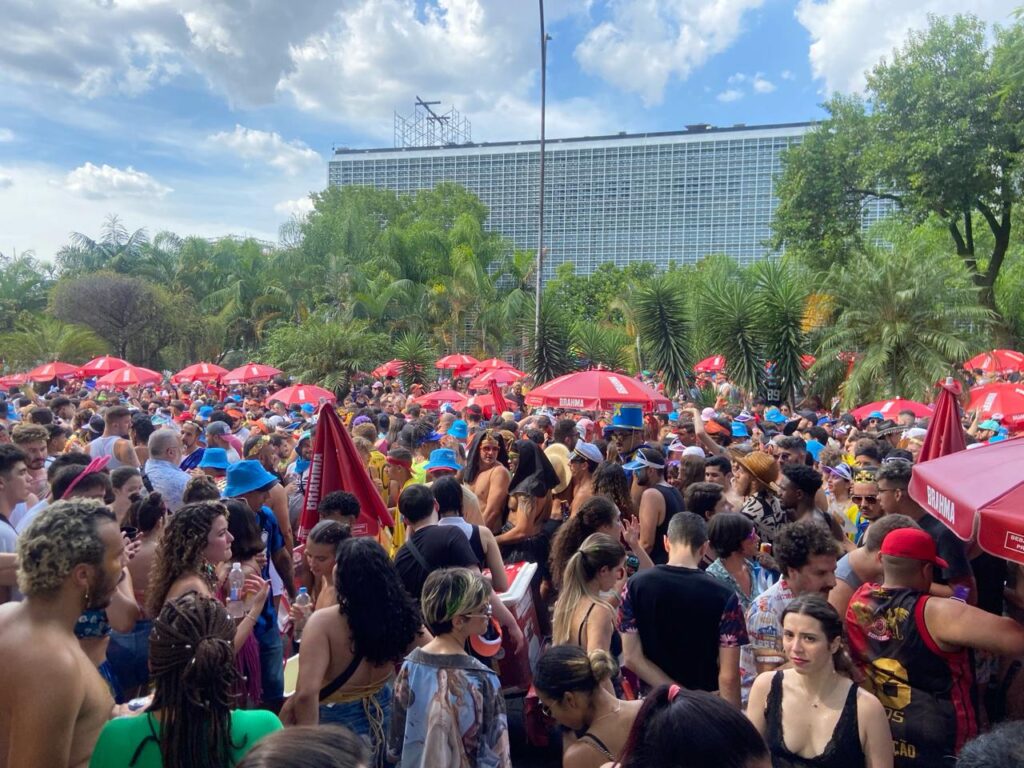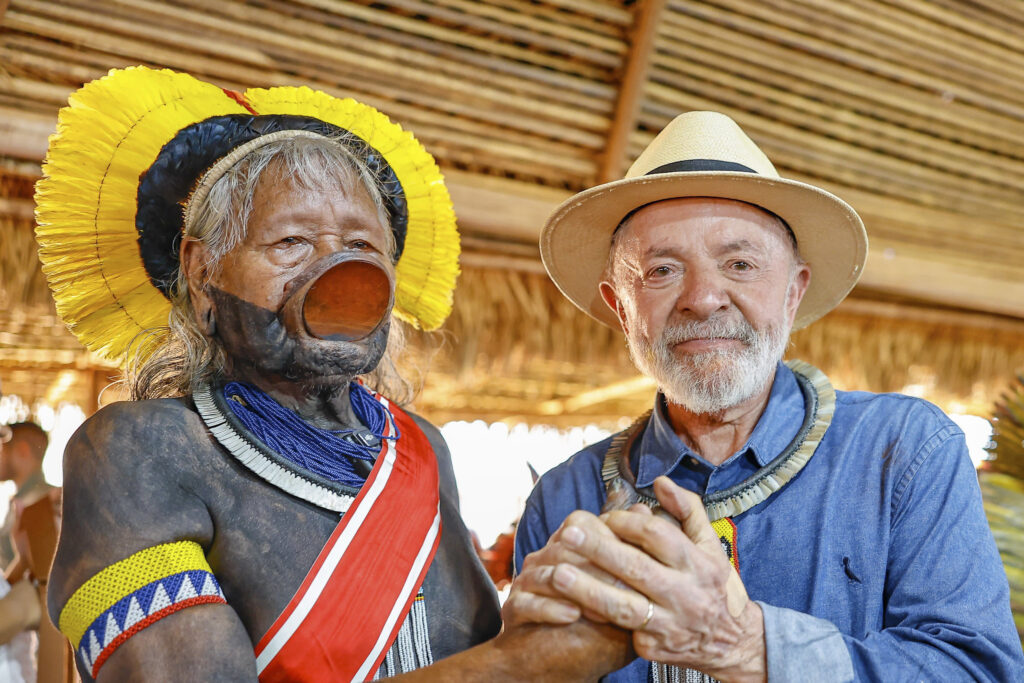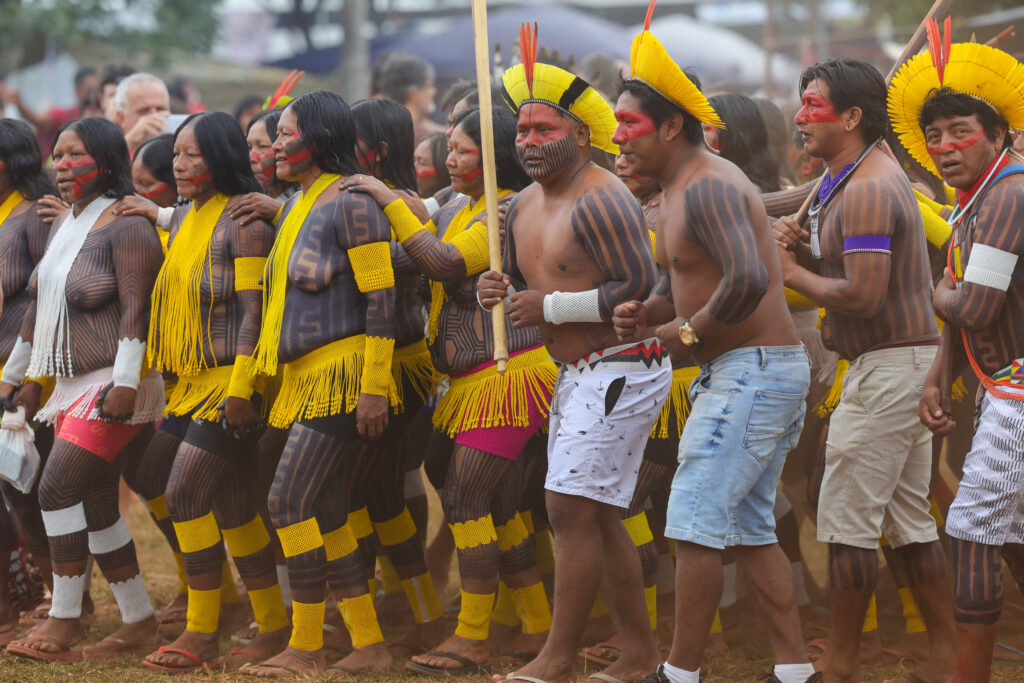São Paulo, Brazil – A massive operation by Brazil’s government to remove miners from the Yanomami Indigenous Territory is having unexpected consequences, according to authorities. In recent days, miners fleeing the now heavily patrolled region have begun invading other Indigenous territories, particularly in the nearby state of Amazonas.
Indigenous rights defenders such as the Federation of the Indigenous People of Rio Negro (FOIRN) are reporting a sudden increase of invasions onto their territory, which includes Indigenous reserves in the states of Roraima and Amazonas near the border with Venezuela.
Pico da Neblina, a region of Yanomami territory in Amazonas about 400 kilometers west of where many miners had originally concentrated in Roraima, is becoming a hotbed for illegal miners fleeing government crackdowns.
Read more: Brazil’s humanitarian crisis exposed suffering of Yanomami people under Bolsonaro government
In a letter sent to the Ministry of Indigenous Peoples, FOIRN and two other Indigenous associations reported that up until recently they had only seen artisanal mines operated by small groups of prospectors, but since the mining crackdown in Roraima began, their situation has worsened considerably. There are reports that, in addition to the arrival of many miners, heavy machinery is also being found near Indigenous villages and communities.
“According to reports from Yanomami Indigenous people and leaders, there has been an increase in the transit of miners in the area in recent weeks, and the arrival of mining machinery has also been observed,” read a section of the letter.
Located in the northern states of Roraima and Amazonas that border Venezuela, the Yanomami territory is about twice the size of Switzerland. But the main areas of illegal mining activity were concentrated in the north of the territory, in the state of Roraima.
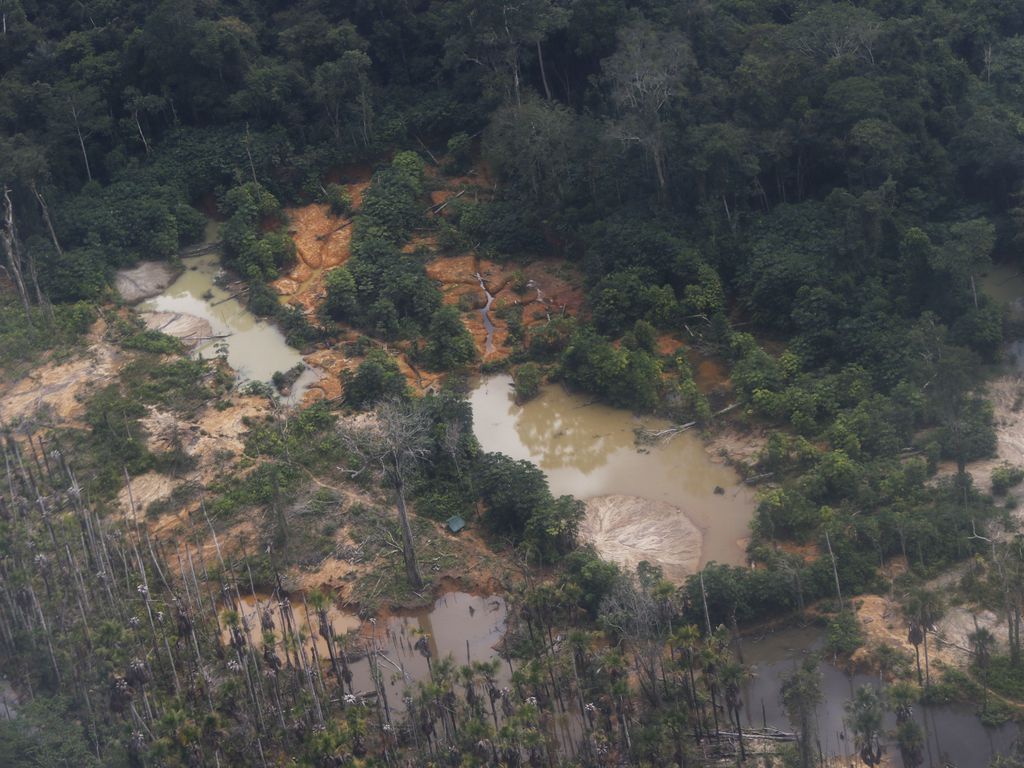
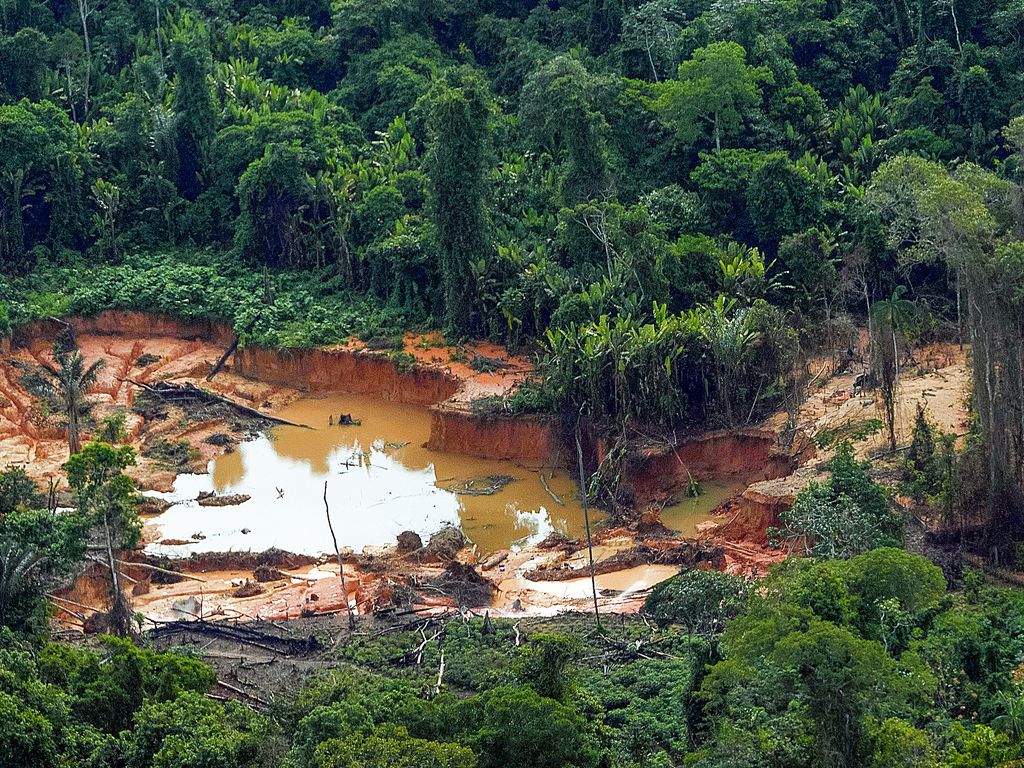
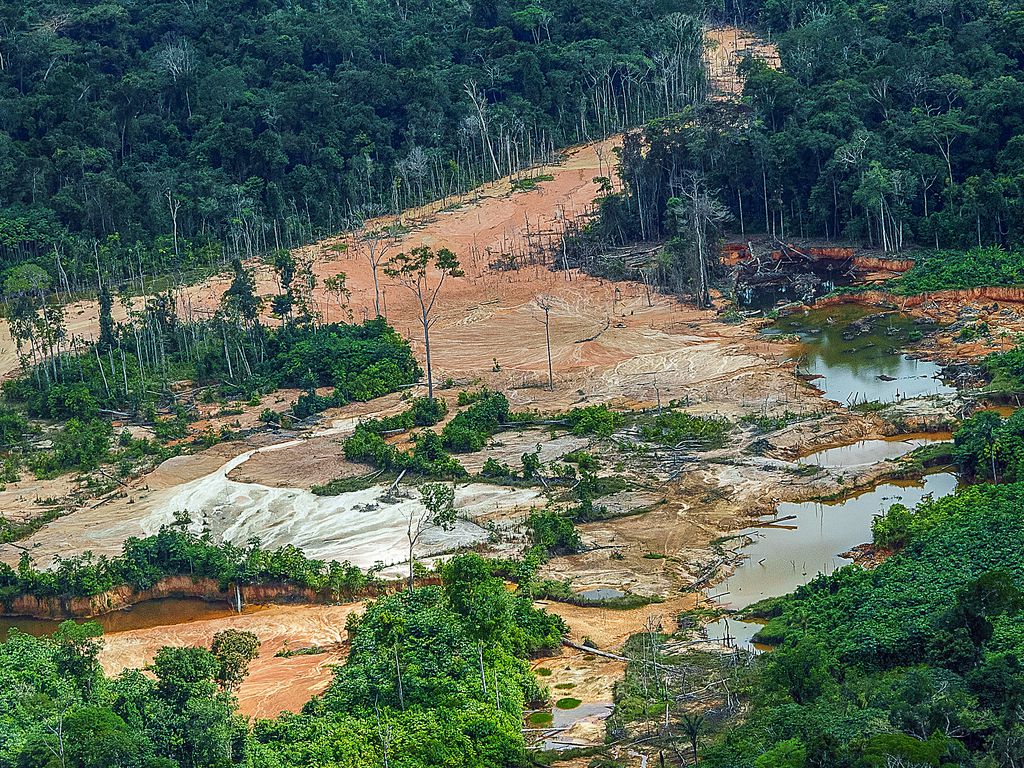
Mining on Indigenous territory in Brazil is illegal, however, during the administration of former President Jair Bolsonaro, laws against miners were not enforced.
Government operations to remove illegal miners from the Yanomami territory began after it was revealed that 570 Indigenous children under the age of five had died from severe malnutrition in the past two years. President Luiz Inácio Lula da Silva, while visiting the site at the time, called what he saw “genocide” and promised to end illegal mining in the region.
More than 700 men, including Federal Police agents and the military, are participating in the operation to remove around 20,000 miners who had taken over the region. Helicopters, planes, and boats were also dispatched, and over time, the first reports emerged that miners were gradually leaving the territory voluntarily.
However, there is now concern that some miners are hopping over the border to operate in other Indigenous protected lands.
The Brazilian government is still unsure of how many gold miners remain in the Yanomami Indigenous Territory and how many have already left the area. But a preliminary report released by the Federal Police provides an idea of the work that has been done in the region.
Since the beginning of the operation on February 9, agents have destroyed 40 rafts, one boat, four aircraft, a mineral mine, and a logistical support base, as well as other equipment and items such as tents, a vehicle, and a tractor.
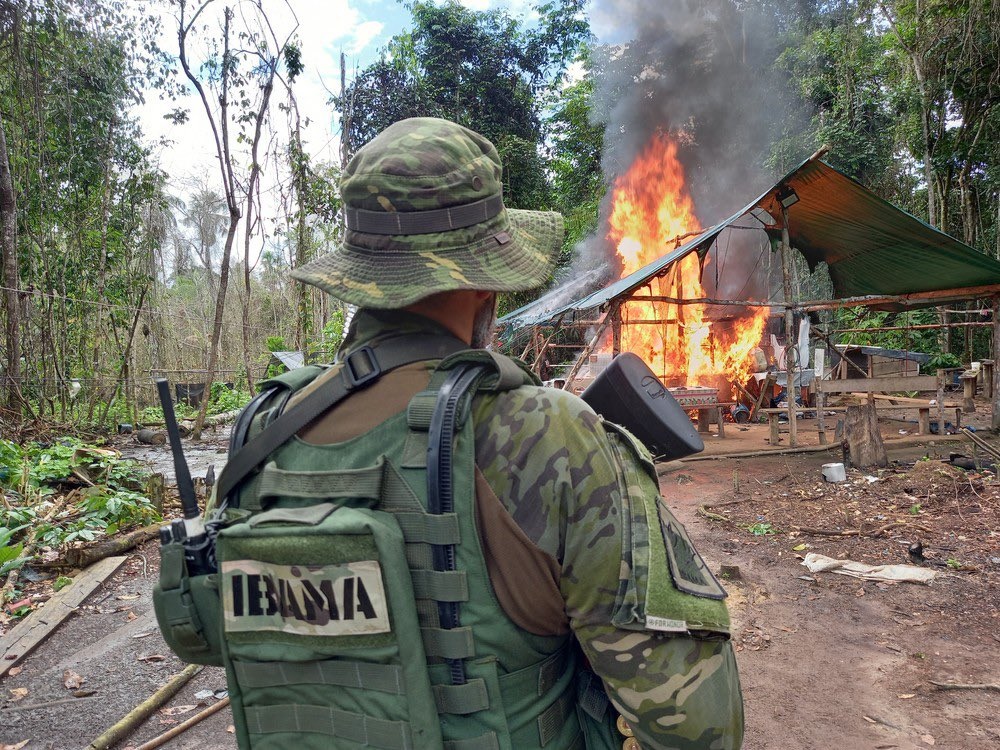
Equipment such as mining machinery, power generators, chainsaws and motors, weapons, and communication devices have also been seized.
Regarding humanitarian aid, the task force has reported that more than 105 tons of food and medicine have been delivered to the Yanomami people thus far. At the field hospital set up by the Brazilian Air Force in the city of Boa Vista, the capital of Roraima, 1,300 Indigenous people have received medical consultations.
Afraid that their territory may become the main destination for gold miners fleeing from Roraima, associations representing the Yanomami people in Amazonas are calling for their territory to be included in the plan to combat illegal mining.
“There is a fear on the part of the Yanomami populations in the state of Amazonas that, in the face of the actions to prevent mining in Roraima, groups of miners may migrate to other areas of the Indigenous territory that are not under surveillance,” read the letter sent by Indigenous associations to Brazil’s government.


